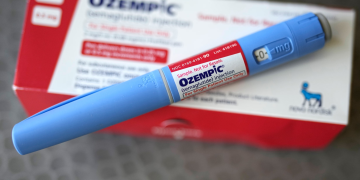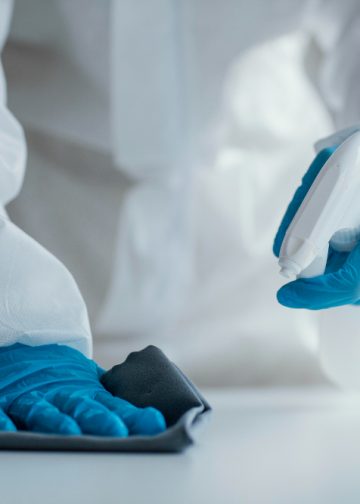Were you aware that up to five percent of the global population suffers from hypothyroidism (an underactive thyroid gland)? It is also thought that an additional five percent live their lives without obtaining a proper diagnosis. In other words, as many as one out of ten adults is forced to cope with thyroid-related issues on a regular basis. This is why testing for any issues is crucial for those who wish to obtain targeted treatments. There are many diagnostic tools which can be employed and each of these is intended to address specific issues. Let's take a quick look at five common thyroid function tests.
TSH Tests
TSH (thyroid-stimulating hormone) tests are used to detect the levels of T3 and T4 hormones found within the blood stream. High levels indicate hyperthyroidism (an overactive thyroid) while low concentrations of TSH could lead to a diagnosis of hypothyroidism. If any abnormalities are discovered, additional examinations may be required.
Thyroid Antibody Tests
As the term suggests, this examination can be used to determine the number of thyroid antibodies found within your bloodstream. Some individuals (such as those suffering from autoimmune disorders) may produce too many antibodies. In turn, this can impact the health and function of the thyroid gland.
T3 Tests
Let us assume for a moment that you have already undergone a TSH test and you are still exhibiting symptoms associated with an underactive thyroid gland. In this case, a specialist may perform an additional examination to discover if your body is producing sufficient levels of the T3 hormone. In the event that concentrations fall below normal (baseline) levels, a supplement can often help to address the underlying symptoms. The T3 tablets at internationalpharmacy.com are one example of the subsequent treatment options that may be employed.
An Ultrasound Examination
Ultrasound scans are yet another valuable tool that will frequently be used to examine the physical state of your thyroid. In this case, a series of harmless sound waves will be directed towards the gland. Similar to how a ship uses radar, these waves are then used to construct an visual image of the thyroid. Ultrasounds are excellent ways to determine if any abnormalities (such as an enlarged gland) exist. A diagnosis can then be made in accordance with the associated findings.
A Radioactive Iodine Test
Often known as an iodine uptake test, you will first swallow a small (and safe) amount of an iodine isotope. This radioactive isotope is then tracked as it is metabolised by the thyroid gland. The main goal of the procedure is to determine how much iodine the thyroid gland is able to absorb from the bloodstream. Overabsorption may indicate clinical conditions such as Graves' disease.
Keep in mind that this is only a circumspect overview of five tests that can be used to determine if your thyroid is functioning as it should. If you have additional questions or concerns, always schedule an appointment with your physician at the earliest possible convenience.
























